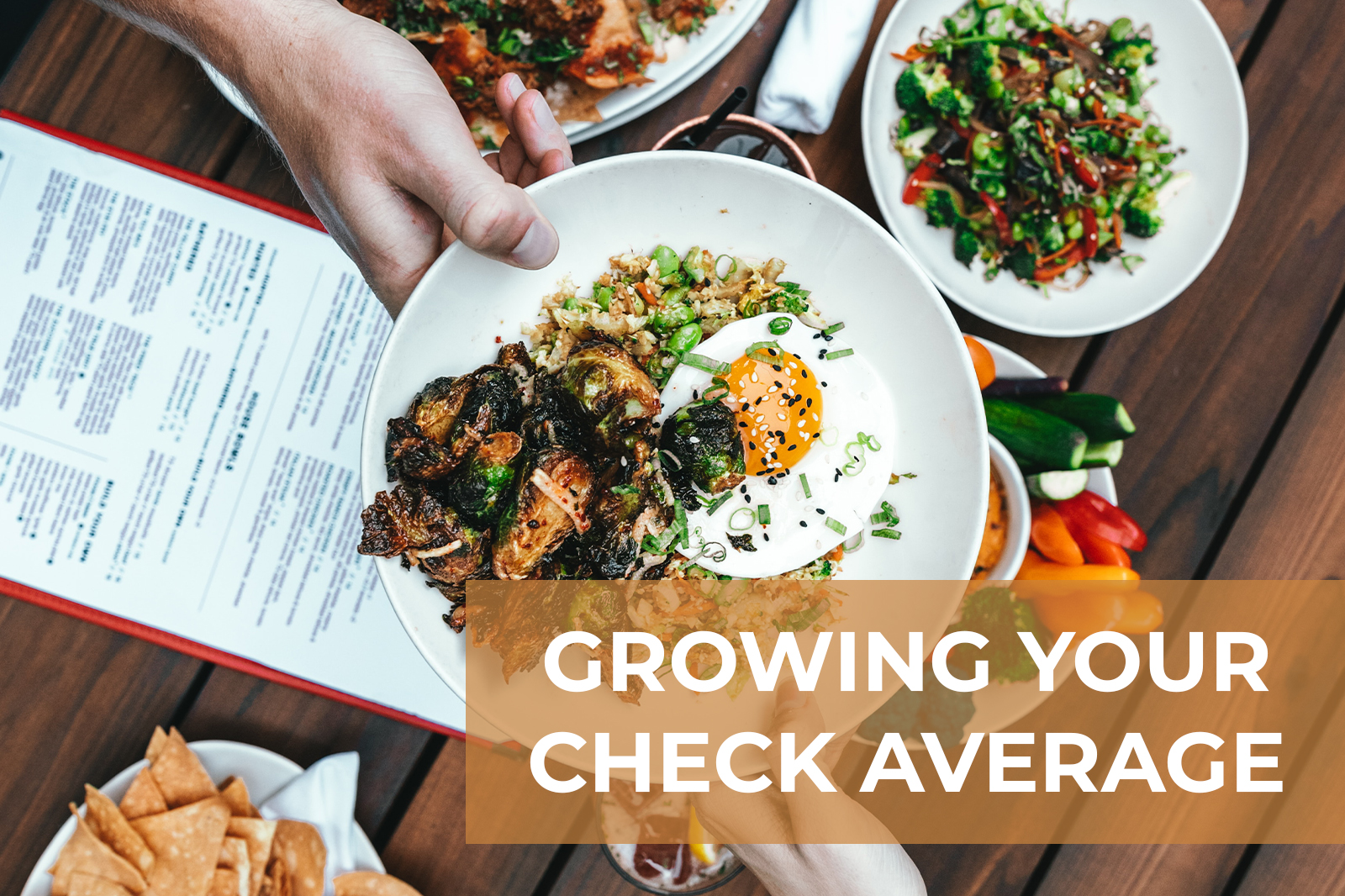Before the outbreak of COVID-19, Kasey Wein had ordered 10,000 pounds of mushrooms from a local vendor. As supply manager of Dig Inn, a New York City-based restaurant chain, Wein procures ingredients for Dig Inn’s dishes, which are made with farm-sourced ingredients.
But as the virus has spread, Dig Inn has been unable to buy any more mushrooms. In fact, the restaurant company has had to rethink how it buys supplies and switch to a more retail-centric business model, selling produce boxes and cook-at-home kits.
As restaurants across the country have had to adjust sales or close altogether, the supply chains behind those eateries have been shaken up. Producers and distributors are sitting on extra product and grappling with plummeting demand.
Less demand leaves suppliers hungry for sales
Before a diner digs into a dish, dozens of people and companies have helped bring it to the table. There’s a server who presents it and will whisk it away once the diner is finished. There are cooks who came up with the recipe and will slice, dice, boil and simmer to create the meal.
But even before that, there are foodservice distributors who ship in ingredients and supplies. There are farmers and ranchers who grow and supply the produce and other ingredients needed to bring the dish’s flavors together.
Today, those providers are scrambling due to lost restaurant sales. At D’Artagnan Foods, a meat supplier for celebrity restaurateurs like Daniel Boulud, Bobby Flay and Thomas Keller, restaurants made up 70% of its customer base, Forbes reported. The company has had to readjust where it sells its products.
“Restaurant sales have halted,” Ariane Danguin, founder and CEO of D’Artagnan, told Forbes. “We have retrofitted our business model to address the growing demand from our retail partners to keep shelves stocked and to fulfill online orders, which have increased significantly over the last few weeks.”
Meanwhile, farmers are having a hard time adapting to disruptions in restaurant supply chains. COVID-19 has been the biggest hurdle that Perfect Foods Wheatgrass, an organic wheatgrass and microgreens farm, has had to overcome in 35 years of business.
“COVID-19 caused a brief spike in business for us as people started realizing they needed an immunity booster shot and were buying double the amount of wheatgrass shots at the juice bar,” Rebecca Matsil, marketing and sales manager for the farm, told Forbes. “Recently our business has reduced about 40% due to many juice bars closing down and foot traffic has reduced.”
With surplus stock, Perfect Foods Wheatgrass is donating frozen juice and microgreens to medical centers.
Producers pivot to meet demand
To keep their businesses afloat, many producers and distributors are following consumer demand to retail, where customers are leaving bare shelves and facing long lines at grocery stores to buy the essentials.
US Foods, one of the country’s largest foodservice distributors, said in April that it’s working with about 20 retail distribution partnerships that include national grocery store chains, wholesale grocers and consumer packaged goods brands.
“As our country responds to the impacts of COVID-19, the demand on grocery retailers continues to grow,” US Foods Chairman and CEO Pietro Satriano said in a press release. “Through these partnerships, we are creating new opportunities for our distribution workforce while helping to maintain the nation’s food supply.”
With consumers ordering food and groceries, online sales can also be profitable for suppliers. Restaurants make up 55% of the customer base for Soom Foods, which sells tahini. The remainder of its sales come from its website, through Amazon and at 500 retail stores.
While restaurant distributors are canceling orders, Soom’s retail business is picking up. Amy Zitelman, the company’s co-founder and CEO, told Forbes that Soom’s Amazon sales are going strong.
Preparing for the future
While it’s hard to brace for industry-shaking events like COVID-19, restaurants can help secure their supply chains and future-proof their businesses. Technology like hospitality management software Craftable tracks costs of goods, streamlines invoices and links inventory, payments and sales reporting.
The tool can also keep tabs on procurement, and provides a one-stop-shop for users to purchase from all of their vendors.
Through fat and lean times, Craftable can help keep your supply chain strong. Sign up for a free trial and see how you can insulate your business from shakeups in the foodservice industry.




